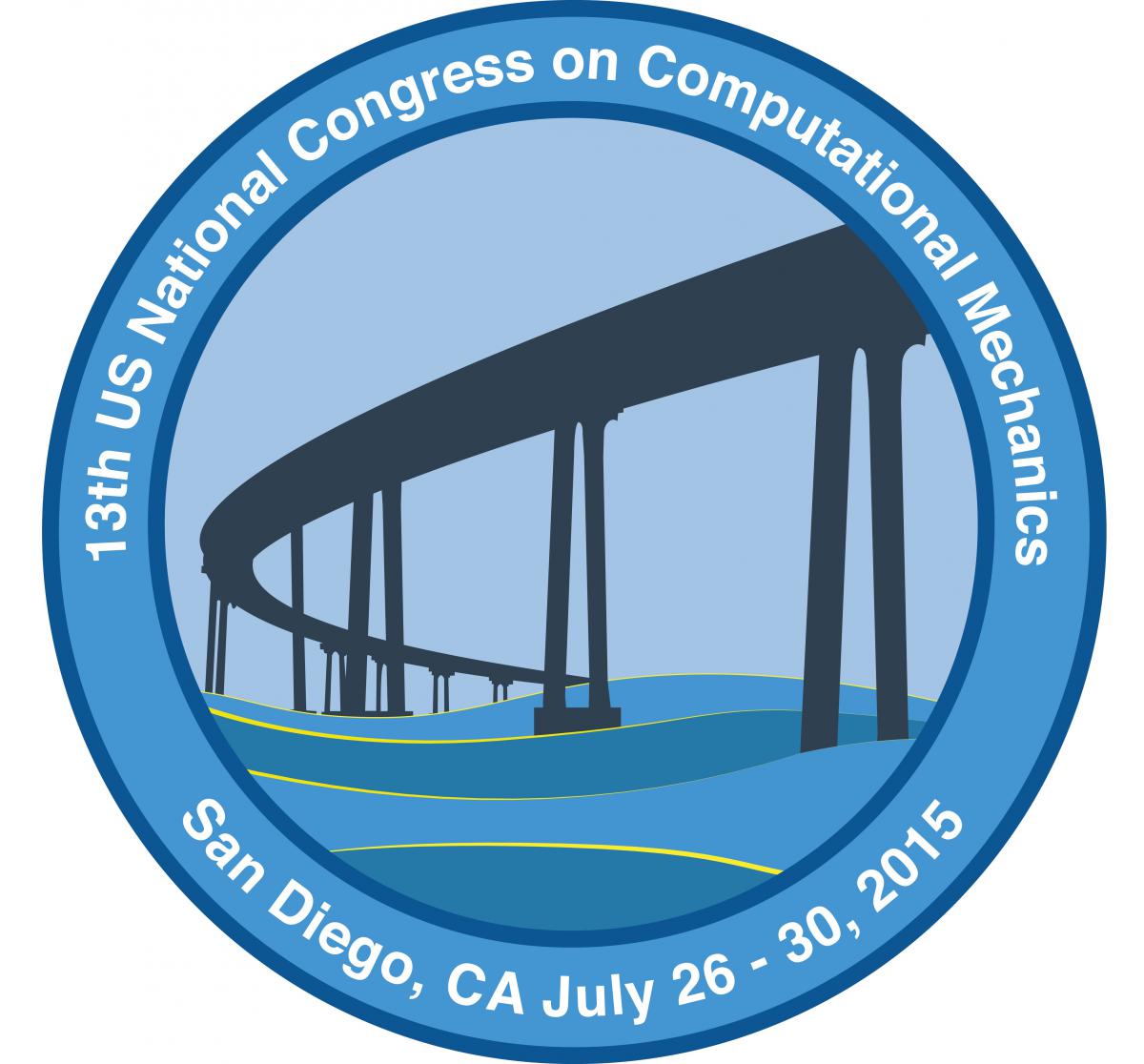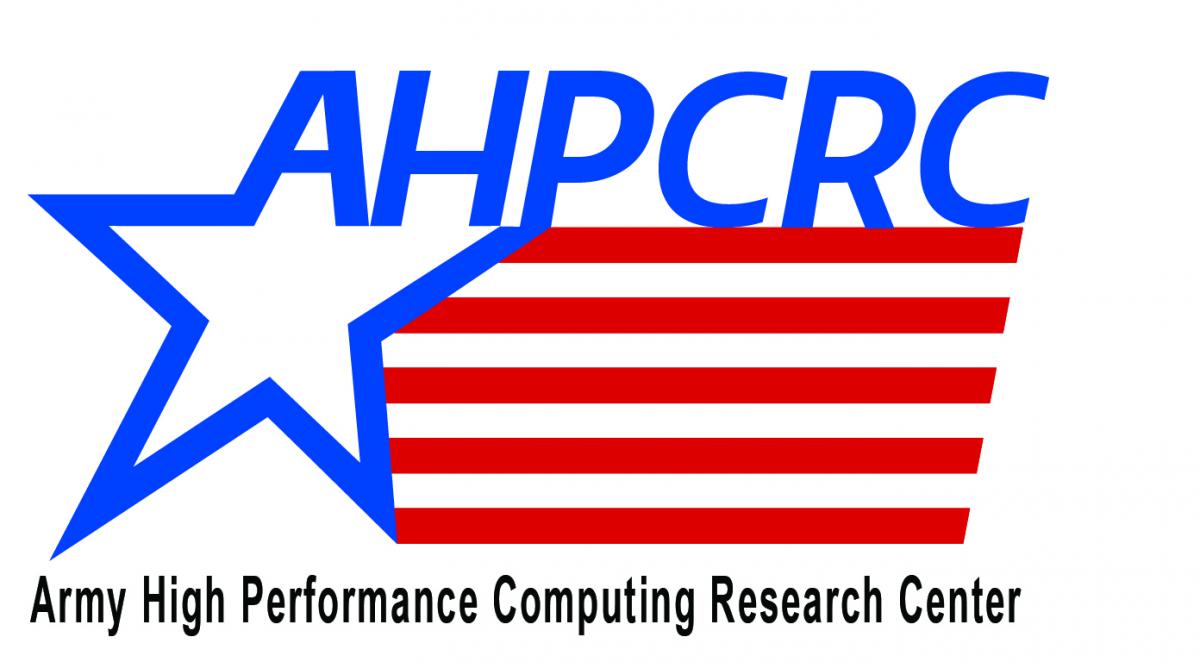Numerical Solution of the Incompressible Navier Stokes Equations: Old and New Challenges
Alessandro Veneziani, Emory University
Simone Deparis, EPFL
Alfio Quarteroni, EPFL
Even though the Incompressible Navier-Stokes Equations (INSE) have been extensively investigated since a long time, there are still many challenging aspects to be addressed when devising effective solvers to be used in High Performance Computing settings.
Incompresssible fluid dynamics is the core of many engineering applications, ranging from hemodynamics to sports applications. With the progressive introduction of computational tools in different design and decision-support procedures, effectiveness and reliability of incompressible solvers for the INSE are features of primary interest. Improvements in this field are expected to have a major impact in many fields and practical applications. Old challenges in devising effective solvers come from the saddle-point nature and the large size of the algebraic systems obtained in problems of practical interest. But also from the huge variety of flow regimes, geometrical and physical features that makes one scheme typically well suited only for a limited set of problems. New challenges come from the problems raised by new heterogeneous architectures, that require versatile and flexible implementations; and from the growing request of reliability to be assessed in significant benchmarks validating against other numerical solvers as well as experimental data. It is worth noting that some of these benchmarks have been recently proposed by the Food and Drug Administration, as a sign of the growing interest for computational fluid dynamics for medical applications.
In this Minisymposium we aim at gathering experts of the INSE from mathematics, computational science, and engineering to discuss about new advancements in the development of effective solvers.
More precisely we will consider, among other topics
(a) effective preconditioners for monolithical schemes
(b) high order in time segregated methods
(c) accurate methods for mild turbulence (Large Eddy Simulation) and their interplay with velocity/pressure computation
(d) implementation and testing on heterogeneous architectures
(e) benchmarking and validation.
Several open source libraries are currently available for the solution of incompressible fluid dynamics. One of the ambitious outcome of the present minisymposium is to take an up-to-date a picture of the current software offer in incompressible Computational Fluid Dynamics and to draw possible recommendations to benchmark and compare different options in different applicative fields.





